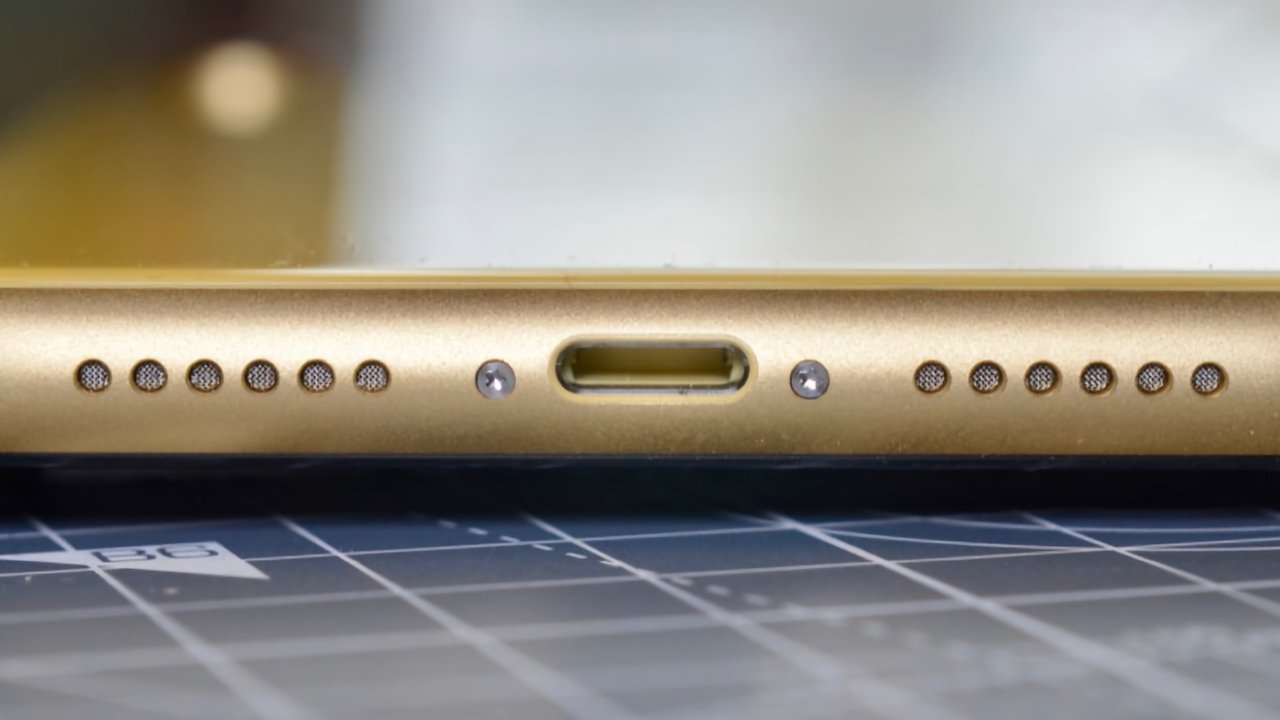European Union officials have voted to support a long-planned proposal to require Apple, and all technology firms, to adopt USB-C as a common charger, and add a new requirement for a standard for wireless charging.
The European Union has been pressing for manufacturers to all use the same chargers for their smartphones, and other devices, for more than a decade. EU plans for formally proposing new legislation were passed in January 2022, but have required further backing.
Now MEPs (Members of the European Parliament) in the Internal Market and Consumer Protection Committee have voted 43 to 2 in favor of supporting the proposals - and adding significant refinements.
According to an EU press release, the newly revised proposals include a call "for the interoperability of wireless charging technologies by 2026."
It's not clear what the proposals specifically address for wireless charging. The Qi standard is already effectively universal, and supported across a wide range of products.
"With half a billion chargers for portable devices shipped in Europe each year, generating 11,000 to 13,000 tonnes of e-waste, a single charger for mobile phones and other small and medium electronic devices would benefit everyone," said the EU's Alex Agius Saliba. "Ot will help the environment, further help the re-use of old electronics, save money, and reduce unnecessary costs and inconvenience for both businesses and consumers."
The revised proposals include requirements to improve communication with "dedicated labels." More significantly, the EU now wants the common charger and wireless charging requirements to apply to more devices including laptops and other electronics.
Previously, Apple has been among those objecting to the EU's plans to require a common charger.
"We believe regulation that forces conformity across the type of connector built into all smartphone stifles innovation rather than encouraging it, and would harm consumers in Europe and the economy as a whole," Apple said in 2020. "We hope the Commission will continue to seek a solution that does not restrict the industry's ability to innovate and bring exciting new technology to customers."
The new vote approved these revisions to the existing proposals and the whole package must now go for a plenary vote in the European Parliament in May 2022. Following that, the Internal Market and Consumer Protection Committee says it will "be ready to start talks with EU governments on the final shape of the legislation."
Final execution of any legislation won't happen until the text is finalized, and legal challenges are complete. Implementation will likely take years. The EU's implementation of micro USB as a standard was fully implemented after the introduction of USB-C to the marketplace.
 William Gallagher
William Gallagher







-m.jpg)






 Wesley Hilliard
Wesley Hilliard
 Marko Zivkovic
Marko Zivkovic

 Malcolm Owen
Malcolm Owen

 Amber Neely
Amber Neely











69 Comments
We all get the government we deserve.
Great, we have an energy crisis and these clowns want to drive adoption of incredibly inefficient and lossy wireless charging.
Politicians don’t understand tech. Ever.
Locking the industry in to a 9-year old technology whilst killing innovation & tech product diversity.
Seems doable.